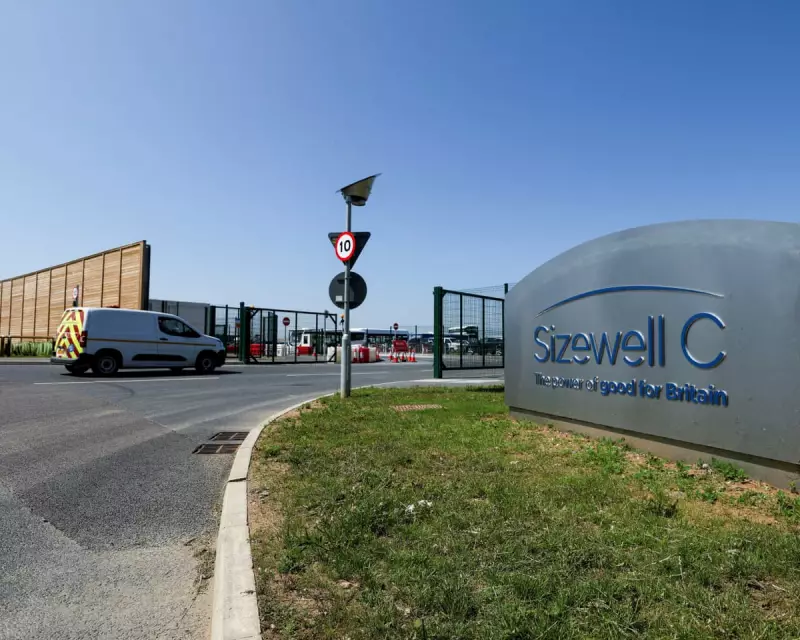
Radical Reforms Proposed to Slash Nuclear Power Costs and Delays
A government-led taskforce has unveiled a final blueprint to dramatically accelerate the UK's nuclear power ambitions by overhauling what it describes as a costly and complex regulatory system. The initiative, spearheaded by former Office of Fair Trading head John Fingleton, aims to make Britain a more competitive environment for building new nuclear reactors, starting with the flagship Sizewell C project in Suffolk.
Taskforce Aims to Cut Red Tape and Maintain Safety
The nuclear regulatory taskforce was established by Prime Minister Keir Starmer in February, following government pledges to eliminate archaic rules that hinder construction. Its interim report in August faced criticism from 25 civil society groups concerned about potential compromises to nuclear safety, but the final report insists that its proposals will maintain or even enhance safety standards while delivering projects more swiftly and affordably.
John Fingleton stated that the solutions are radical but necessary, arguing that simplifying regulation is key to finally delivering nuclear capacity safely, quickly, and affordably. The core recommendations include a significant restructuring of the UK's nuclear oversight bodies.
Key Recommendations and Industry Backing
The taskforce's final report outlines several pivotal changes designed to streamline the nuclear sector. A central proposal is the creation of a single commission for nuclear regulation, consolidating existing bodies. Furthermore, the plan calls for modifications to the environmental and planning regimes to accelerate project delivery while enhancing nature protections.
Energy Secretary Ed Miliband endorsed the new rules, stating they are crucial for driving new nuclear power in a safe and affordable manner. The report has been warmly received by industry leaders. Tom Greatrex, Chief Executive of the Nuclear Industry Association, hailed it as an unprecedented opportunity to create a more coherent and efficient regulatory system, which has previously been a barrier to energy security and climate goals.
Sam Richards of the pro-nuclear campaign group Britain Remade called it a potential watershed moment for reducing the cost of new nuclear in Britain. He highlighted the staggering example of EDF being forced to spend nearly £280,000 per fish protected due to the current regulatory framework, costs which are ultimately passed on to consumers through higher electricity bills.
Fingleton concluded that this represents a once-in-a-generation opportunity to fix systemic problems rooted in unnecessary complexity and a mindset that prioritises process over tangible outcomes.





